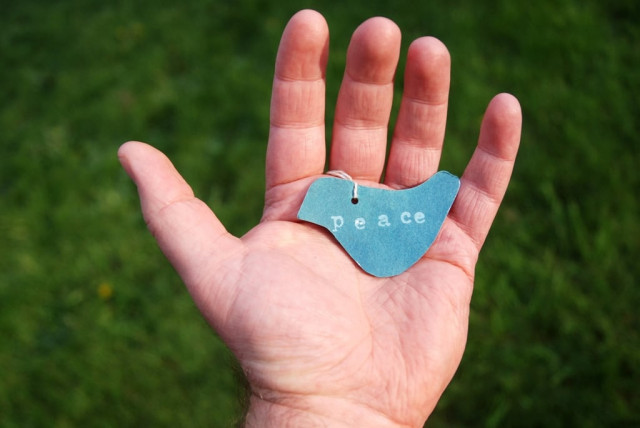Peace conference: ‘Art cannot be separated from history’
Writers, academics and poets from various countries participated in the conference.

Writers, academics and poets from various countries participated in the conference. PHOTO: FILE
“It is very hard to write stories of love and peace in such difficult times,” said writer Abdullah Hussain on Thursday.
He was talking at the opening session on the International Conference of Peace on Saturday. The three-day conference is being organised by the World Punjabi Congress and International Sufi Council.
Writers, academics and poets from various countries participated in the conference.
Speaking at the occasion, Hussain said it was an incorrect assumption that unrest and strife inspired great literature.
The opening session was inaugurated by Dr Hannan Awwad, a writer from Palestine and Fakhar Zaman, chairman of the World Punjabi Congress.
Speaking on the occasion, Zaman said, “This is not a regular peace conference. We arranged it without the government’s support. One cannot talk freely under the establishment’s shadow.”
Awwad shared excerpts from her paper titled Peace: Between Dream and Reality.
She said art was not just a reflection of the political situation in a country. She said art depicted human nature.
“We can explain struggles of the common man in art, but we can’t make art through politics,” she said.
She said literature was often criticised because for pushing boundaries of morality. She said artistic work could not be separated from its historical context.
“Palestinian and Arab writers in their resistance literature and in their defence of peace and justice describe the painful reality Palestinian people experience under occupation,” said Awwad
A Dalia Staponkute, a Lithuanian academic and member of International Board of Writers and Translators, said, “I came to Lahore because I am interested in Sufi philosophy and poetry. It is my second visit to Pakistan. I am very impressed with the country’s rich culture.”
Staponkute said the country faced the challenge of moving forward with its difficult past.
She said good political leadership was needed to achieve progressive goals.
“I think all communities in Pakistan can share their historical heritage and cultural differences with one another and express their fears without misunderstanding,” said Staponkute
She said Sufi philosophy could show the path of love and peaceful coexistence.
“In fact, longing for peace creates great works of literature and poetry,” he said.
Dr Deepak Manmohan Singh, an Indian writer, said the death of a nation began with the demise of its culture.
Dr Najma Rehmani, an academic from Delhi University, said it was her first trip to Pakistan and so far she had not seen any significant difference of culture on the other side of the border.
The first day of the conference concluded with screening of documentaries on sufism.
Published in The Express Tribune, December 22nd, 2013.


















COMMENTS
Comments are moderated and generally will be posted if they are on-topic and not abusive.
For more information, please see our Comments FAQ